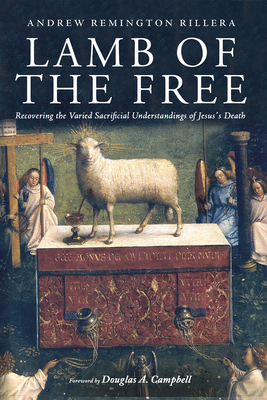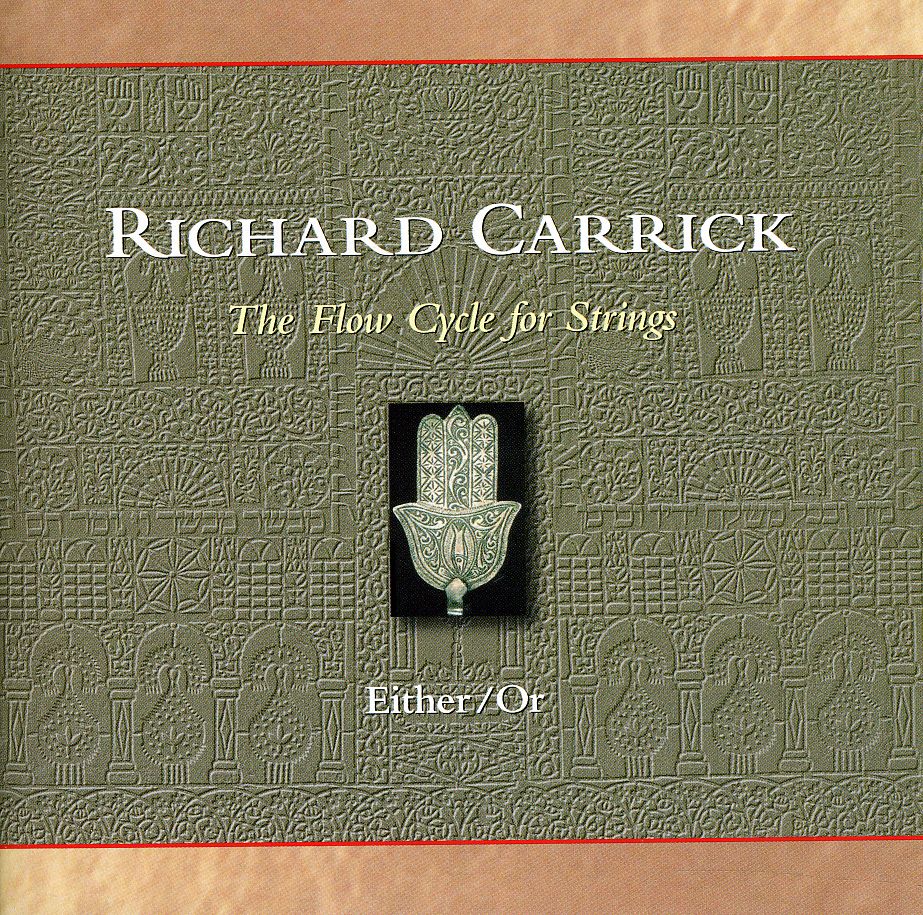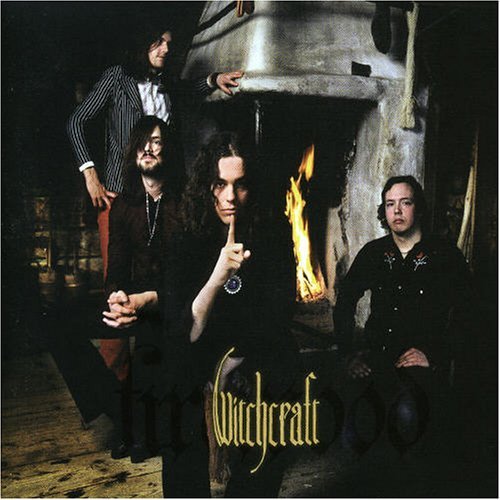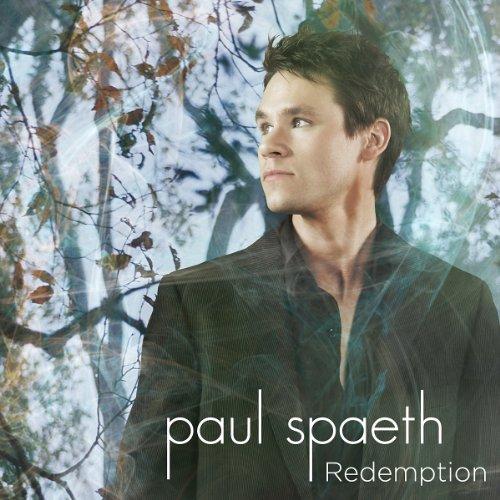
Rillera, Andrew Remington
product information
description
6Lamb of the Free analyzes the different sacrificial imagery applied to Jesus in the NT in light of the facts that (a) there is no such thing as substitutionary death sacrifice in the Torah--neither death nor suffering nor punishment of the animal has any place in the sacrificial system--and (b) there are both atoning and non-atoning sacrifices. Surprisingly, the earliest and most common sacrifices associated with Jesus's death are the non-atoning ones. Nevertheless, when considering the whole NT, Jesus is said to accomplish all the benefits of the entire Levitical system, from both atoning and non-atoning sacrifices and purification. Moreover, all sacrificial interpretations of Jesus's death in the NT operate within the paradigm of participation, which is antithetical to notions of substitution. The sacrificial imagery in the NT is aimed at grounding the exhortation for the audience to be conformed to the cruciform image of Jesus by sharing in his death. The consistent message throughout the entire NT is not that Jesus died instead of us, rather, Jesus dies ahead of us so that we can unite with him and be conformed the image of his death.
member goods
No member items were found under this heading.
Return Policy
All sales are final
Shipping
No special shipping considerations available.
Shipping fees determined at checkout.







